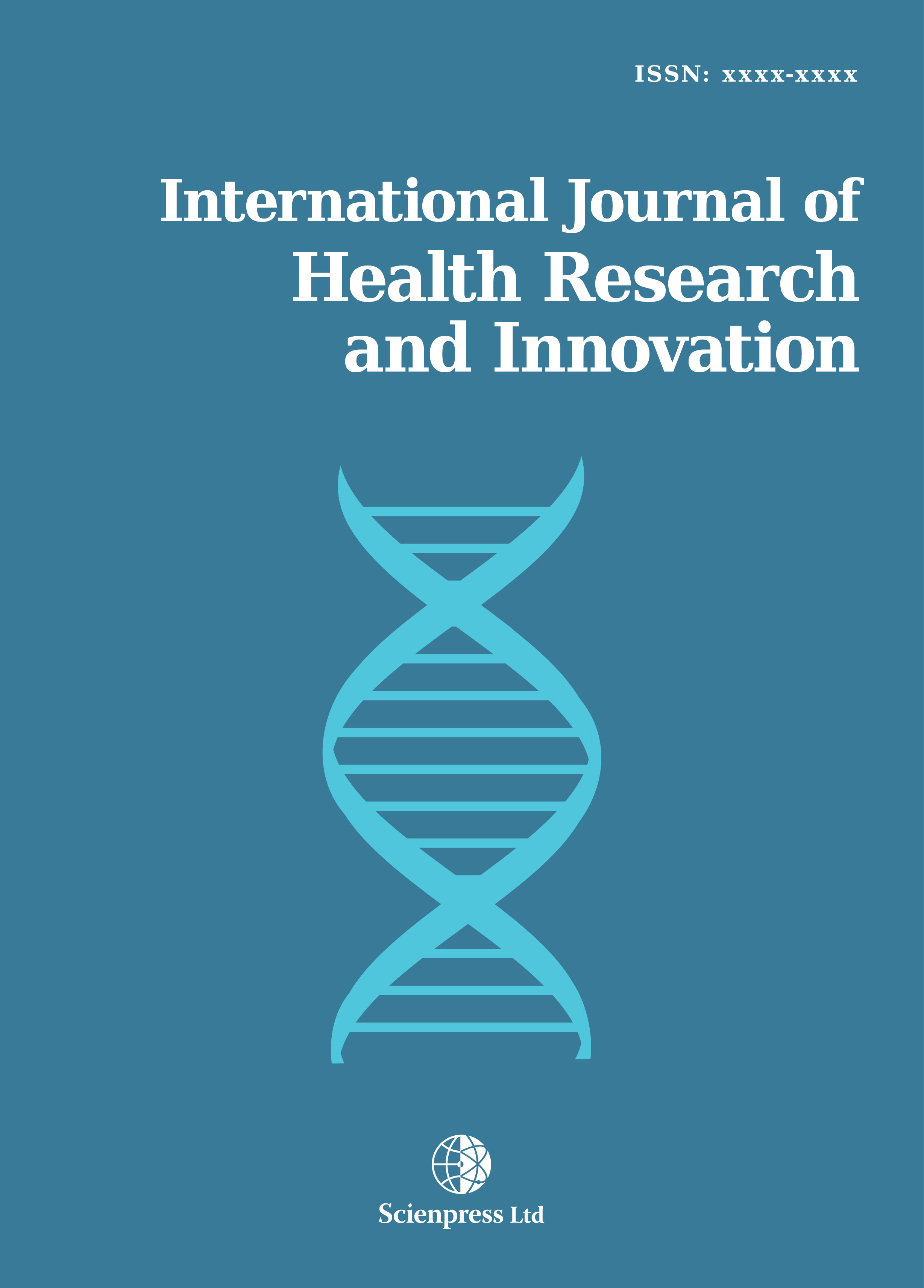International Journal of Health Research and Innovation
Evaluating Knowledge of Emergency Department Nurses in Recognition and Treatment of Emergency Cardiovascular Events
-
 [ Download ]
[ Download ]
- Times downloaded: 10249
-
Abstract
Based on the international literature there is a moderate knowledge of nursing staff on the cardiovascular system, incorrect assessment of the dangerousness of the situation and consequently delay on specialized assistance call. There were similar results from studies which were conducted in the Greek territory. The aim of the study was the investigation of Emergency Department Nurses knowledge in recognition of urgent cardiovascular events and the evaluating of a first used knowledge questionnaire. The study population consisted of 81 professional nurses working in the Emergency Room (ER). For the data collection was used a specially designed 30 items multiple choice questionnaire. The statistical analysis was performed using the statistical package SPSS 16.0 and non-parametric tests. During the evaluation of the questionnaire the Alpha of Cronbach was found a = 0.72. 80.2% of the sample were women, and the mean age was 34.1 (SD = 7.6). 28.8% had secondary, 62.5% undergraduate and 8.8% postgraduate education. The majority was single (56.3%). The median score of correct answers was 17.2 (range 1-30), there wasn’t any statistical significant difference between sex and marital status, but only education level when comparing secondary with undergraduate/postgraduate educated nurses (p = 0.031). The majority of the sample (61.7%) had moderate performance answering correctly 11 to 20 questions, 9.9% low (0-10 questions) and 24.8% high (21-30 questions). There was a statistically significant difference between ages, years of work and years of working in ER, with a moderate positive correlation (respectively rho = 0.258, p = 0.021, rho = 0.298, p = 0.007 and rho = 0.283, p = 0.001). The study is consistent with the existing literature, which shows that Emergency Department nurses have moderate knowledge in the recognition and treatment of cardiovascular events. Important finding lays on the positive correlation of college education and professional experience with a better questionnaire performance, indicating improving of knowledge. Continuing education for nurses, motivation and facilities for educational programs contains our basic proposals. Also the establishment of Research and Continuing Education Offices in all Nursing structures will provide specialized knowledge
